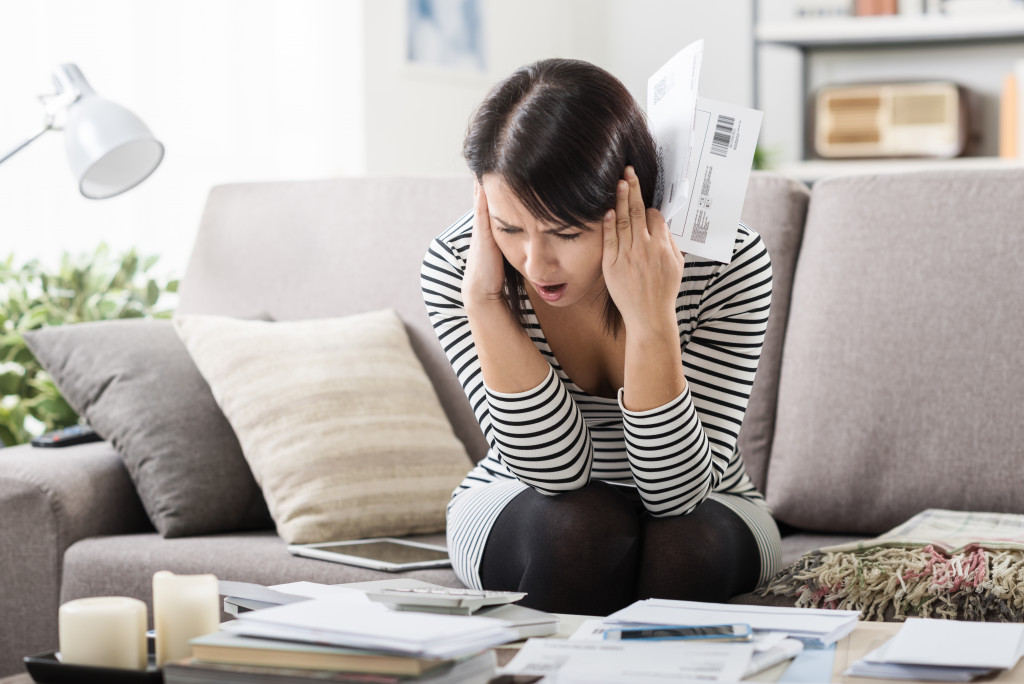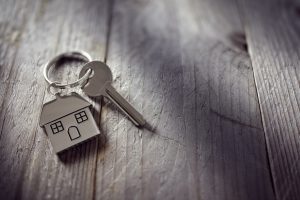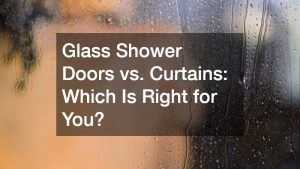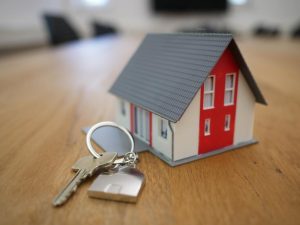It’s no secret that owning a property can be expensive. But you may not know that there are ways your property could be costing you more money than you know. From not insuring your home properly to not taking advantage of tax breaks, there are many ways that you could be overpaying for your property. In addition, your property might be consuming more energy than necessary, costing you more money.
Here are some ways your property could be costing you more money than you know:
Not insuring your home properly
Your home is one of your most valuable assets, so it’s important to ensure you have the right insurance coverage. Unfortunately, many people don’t realize that they may be paying too much for their home insurance because they’re not properly insuring their properties.
It’s important to have adequate home insurance to protect your investment, but did you know that being under-insured or not properly insuring your home could actually end up costing you more in the long run? Suppose your home is destroyed or damaged, and you are only partially covered. In that case, you will be responsible for paying the remainder out-of-pocket. This can be a significant financial burden, particularly if your home is extensively damaged.
Similarly, if you fail to insure your valuable possessions, such as jewelry or art, you may find that your home insurance policy doesn’t cover their replacement value. As a result, it’s important to take the time to carefully review your home insurance policy and ensure you have the coverage you need. Doing so can help ensure that you are adequately protected in the event of an accident or disaster.
Not taking advantage of tax breaks
When it comes to taxes, there are a lot of potential deductions and credits that can save you money. However, many people fail to take advantage of these breaks, paying more in taxes than they need to. Property taxes are a common area where people miss out on valuable deductions. For example, did you know you can deduct any mortgage interest you paid during the year? This can add up to a significant amount of money, particularly if you have a large mortgage.
In addition, you may also be able to deduct any property taxes you paid during the year. These deductions can save you a considerable amount of money on your taxes, so it’s worth looking into whether or not you’re eligible for them. By taking advantage of all the available deductions and credits, you can ensure that you’re not paying more in taxes than necessary.
Your property is consuming more energy than necessary
Another way to have a better idea of how much your property is really costing you is to look at your property’s energy consumption. You may be surprised to learn that your property could be consuming more energy than necessary, and this could be adding unnecessary costs to your overall expenses. One way to find out is to get an Energy Performance Certificate (EPC). This document assesses the energy efficiency of your property and provides recommendations on how to improve it.
An EPC can help you make your property more energy-efficient, leading to lower utility bills and a smaller carbon footprint. In addition, an EPC can also add value to your property if you ever decide to sell. So if you’re interested in saving money and reducing your environmental impact, an Energy Performance Certificate is a good place to start.
Not maintaining your property
Failing to take care of your property can cost you more money than you realize. For example, if you don’t regularly trim your trees and shrubs, they can become overgrown and start to impede on your neighbor’s property line. This can lead to a nasty legal dispute that will be costly.
Additionally, if you don’t keep up with repairs, small problems can quickly become major ones. A leaking roof, for example, can result in significant water damage to your home. Not only will you have to pay for the repairs, but you may also end up needing to replace damaged furniture and other belongings.
Finally, neglecting your property can send the wrong message to your neighbors and potential burglars. By taking the time to maintain your property, you can avoid these costly pitfalls and enjoy the peace of mind that comes with knowing your home is in good condition.
To keep your property costs down, you must be aware of these potential pitfalls. You can save yourself money in the long run by taking steps to insure your home properly, take advantage of tax breaks, and reduce your energy consumption. In addition, maintaining your property can help avoid costly repairs and keep your home looking its best. So if you’re looking to save money on your property, keep these tips in mind.








